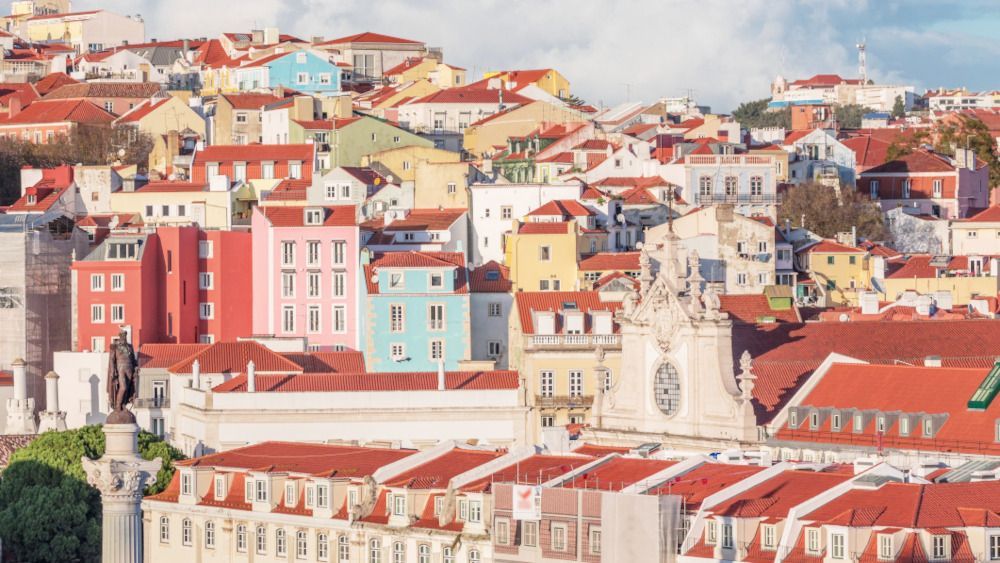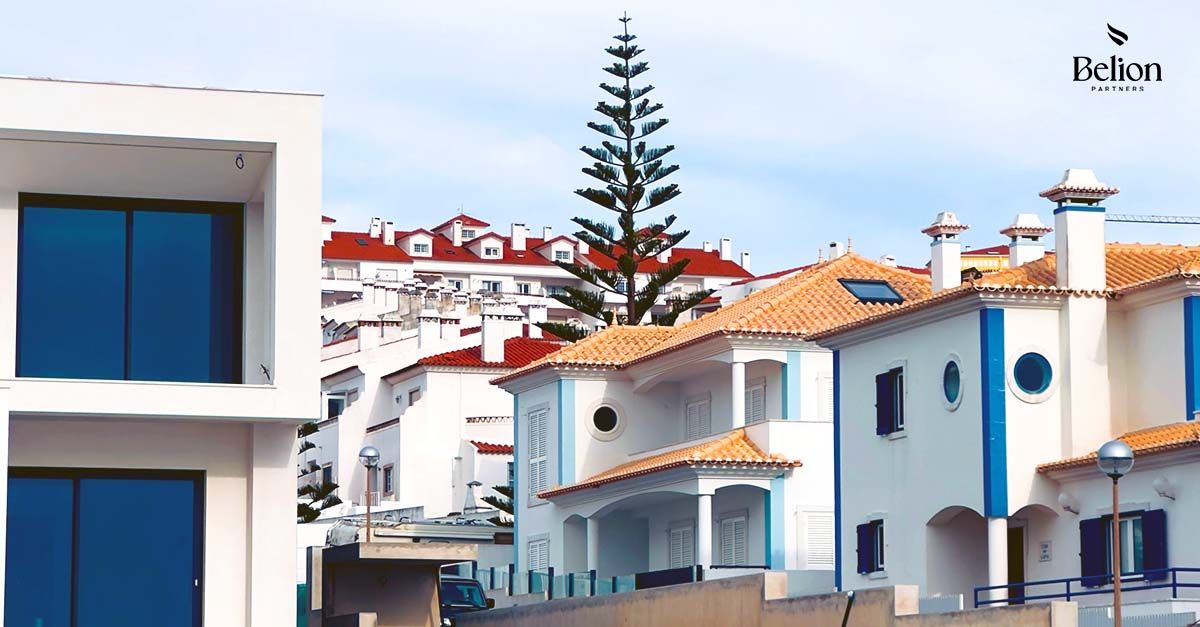Moving to Portugal: all the possible paths to residency
Portugal is widely popular with Expats. It is a great home for young families, digital nomads, retirees, entrepreneurs, investors and students. In fact, it is difficult to imagine any group that would not love Portugal’s warm climate, affordable cost of living, beautiful cities, and overall high quality of life and healthcare.
It is undeniable the increased number of foreigners interested in relocating to the country. The cool lifestyle, tax benefits and the possibility for non-EU citizens to acquire Portuguese citizenship in a short period of time is a key factor for the number of residency requests that increases every year. According to SEF – The Immigration and Border Service, the number of foreign citizens living in Portugal is about 7% of the population in 2021.
Portugal is one of the best places to meet new people and to start a new life, offering captivating residency programs, which cover expats who wish to invest, work, and live in a country with 850 kilometres of cost line, stunning vistas and an average of 300 days of sunny weather.
The country has risen notably in October 2012, when the Portuguese Government launched Portugal´s Golden Visa Programme, a residency by investment designated for non-EU citizens and since then, it is Europe's most successful residency-by-investment programme targeted at non-EU citizens. 11.180 applicants have received their Portugal Golden Visas, making it one of the most popular residency by investment programs in Europe and in the world.
However, Portugal is not only attractive for investors interested in the Golden Visa programme. There is a whole new wave of successful expats, such as digital and executive nomads, entrepreneurs, and retirees settling in Portugal and the country offers specific residency possibilities to them, taking into consideration each case in particular to meet their needs.
Up until now, one of the most popular routes was the Portugal Passive Income Visa, which is the ideal option for those who intend to actually live in Portugal and are able to show evidence of having a net regular or passive income that is deemed sufficient to support his or her family aggregate in Portugal. Passive income can be from dividends, real estate income, capital gains, State and occupational pensions, royalties, business and self-employment profits, intellectual property, or other financial investments.
The new Digital Nomad Visa came into force on 30th October and will allow the holder to legally work remotely from Portugal. It is presented in two different types, depending on how long you plan to stay in Portugal: temporary stay and Residence Visa, which are extended to professionals who carry out their subordinate or independent professional activity remotely, or for those who are entrepreneurs.
This new Visa encompasses both remote workers who wish to temporarily stay in the country up to one year and digital nomads looking for a residency permit in Portugal. To qualify for either temporary stay or residency permit, remote workers need to prove that they earn an income at least four times of the minimum salary (currently €705) and, have a work contract or a proof of self-employment. The aim of this requirement is to show that the applicant is financially able to pay the living expenses, accommodation and other needs that may arise during the validation of the visa.
The Portugal D2 Visa is designed for people who want to open a new business in Portugal, set up a Portuguese branch of an existing business, or move to Portugal to run an already exhisting business. The D2 Visa is divided into two subtypes:
- Freelancer´s
- Entrepreneur´s
For a freelancer's residence permit, the applicant´s must have:
- At least one signed contract for the provision of services to a client for fees that ensure reasonable financial means for you to live in Portugal (a minimum of, say, €12,000.00 per year, plus 50% of this value for the spouse and 30% for each dependent child);
- If applicable, documentary evidence of having the professional qualifications needed to perform the intended professional activity in Portugal.
For an entrepreneur's residence permit the applicants must prove that EITHER made or are making an investment in Portugal, OR you have sufficient funds available in Portugal (including finance) with which to make an investment, in accordance with a business plan describing at least the following aspects of your investment:
- Identification;
- Generic description;
- Nature;
- Amount
- Intended duration;
- Economic, social, scientific, technological or cultural relevance of the investment.
The D3 Visa constitutes a very good option for highly qualified professionals, which under the Portuguese Law on Foreigners, highly qualified work implies “the exercise of an activity that requires specialised technical skills of an exceptional nature or an adequate qualification for the respective exercise of the function”. Therefore, the applicant must provide:
- Contract for services; or
- An employment contract of at least one year’s duration, corresponding to an annual remuneration of at least 1,5 times the national average gross annual salary (1,752.52 euros/month) or three times the index value of social support – IAS (1.316,43 euros/month). This option is for highly qualified activity performed by subordinate worker.
The Start-up Visa is another alternative for entrepreneurs which aims to attract investment, talent and innovation capacity to Portugal. This Visa was specifically designed by IAPMEI - Agência para a Competitividade e Inovação to develop the innovation ecosystem and to affirm Portugal’s position as a country open to entrepreneurship and all those who possess knowledge and innovation capacity.
The most captivating aspect of moving to Portugal is that it is relatively easy no matter the chosen path and it is followed by many other benefits as follows:
- Free entry and circulation within the Schengen Area, comprised of 26 European countries, without a Visa.
- The possibility of Family Reunification in Portugal: The family (including partners, children, parents, or siblings dependent on either partner) of the holder of a Portuguese residence permit can also live in the country.
- Qualification for permanent residence or citizenship in Portugal: After 5 years of being a legal permanent resident, you may be eligible for permanent citizenship in the country, as part of Portugal residency program. Please note that citizenship is subject to a basic Portuguese language
- The option to apply for Portugal’s Non-Habitual Resident (NHR) tax regime, which is open to anyone who has the right to reside in Portugal (an EU/EEA/Swiss citizen or a holder of a residence permit) and has not been a tax resident of the country in the previous 5 years.
- Portuguese residency rights, including education and health care: As a Portuguese resident you and your family will have access to the Public Healthcare System and your children to the Public Education System.
Belion provides a one-stop shop for all your needs in connection with your relocation to Portugal, including your residence permit, tax affairs, property search and settling-in support. Having assisted hundreds of clients with a 100% success rate, we are at ease with meeting a great variety of disparate requirements. Have a question? Contact us




